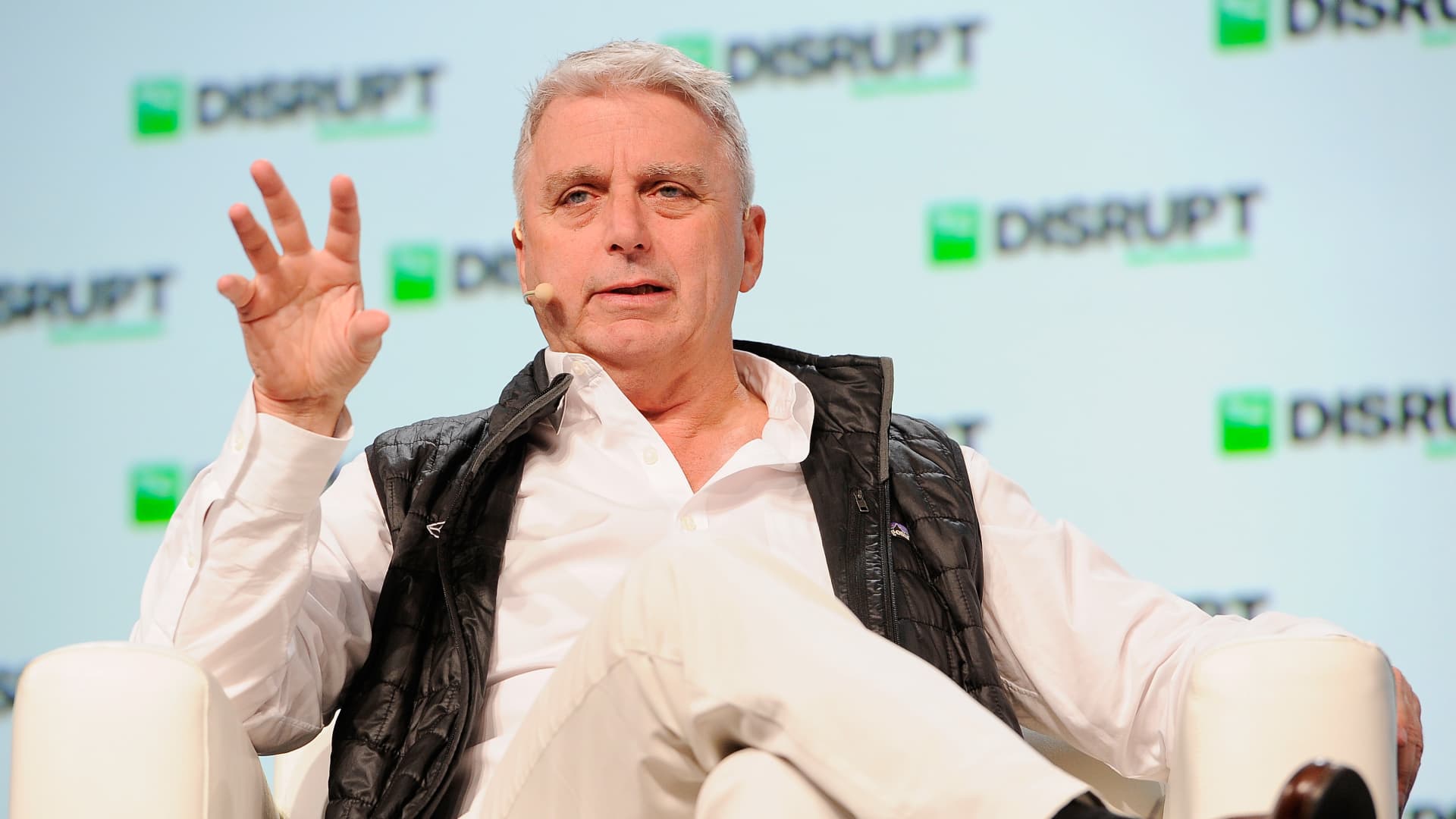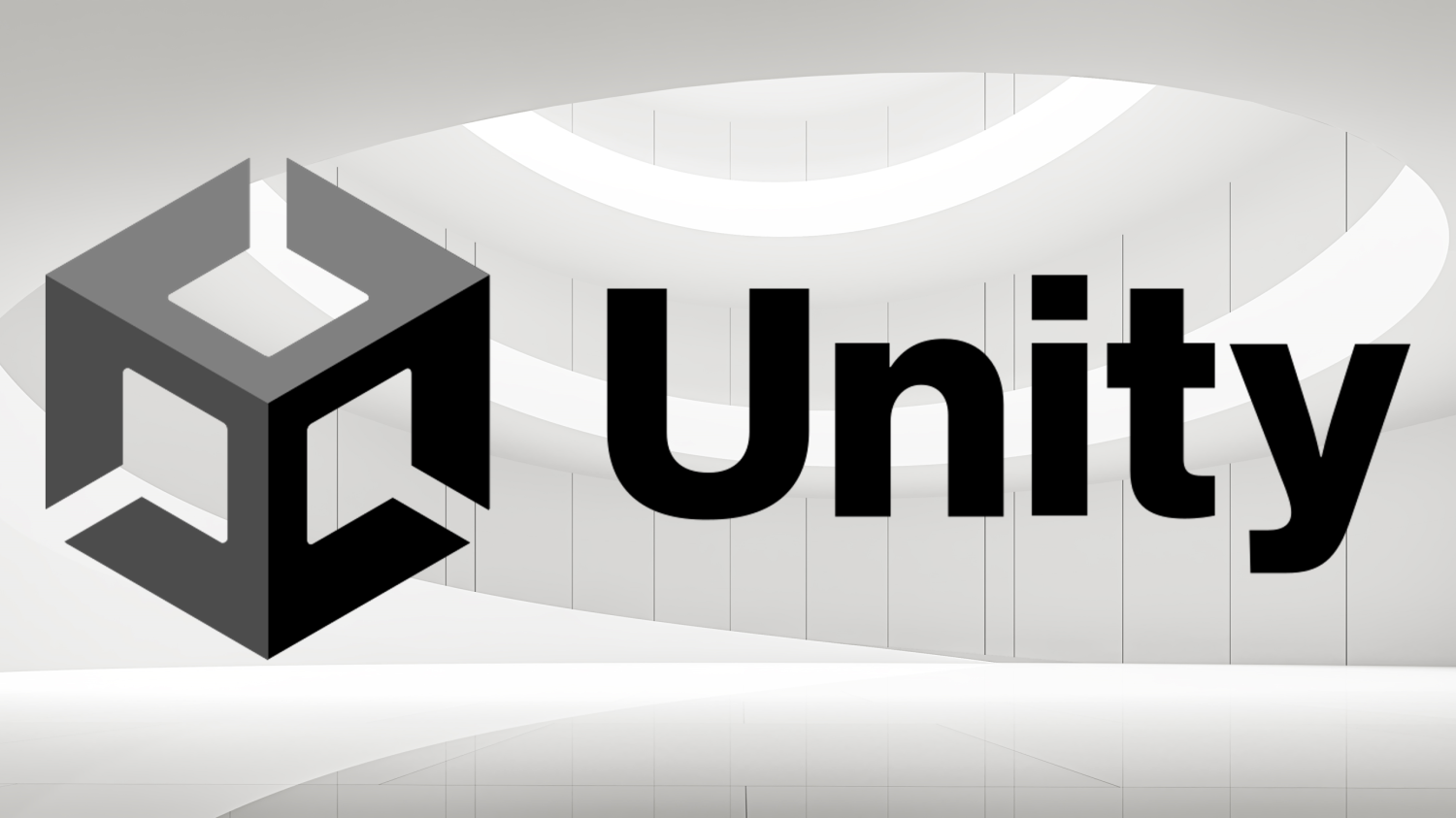Yesterday, game engine company Unity announced retroactive changes to its pricing plan that will see developers charged each time someone installs their game after certain revenue and installation thresholds are met.

 www.pcgamer.com
www.pcgamer.com

Why every game developer is mad right now, explained
Unity's new pricing scheme has brought developers together in a remarkable show of... well, you know.
- Joined
- Nov 12, 2010
- Messages
- 531



